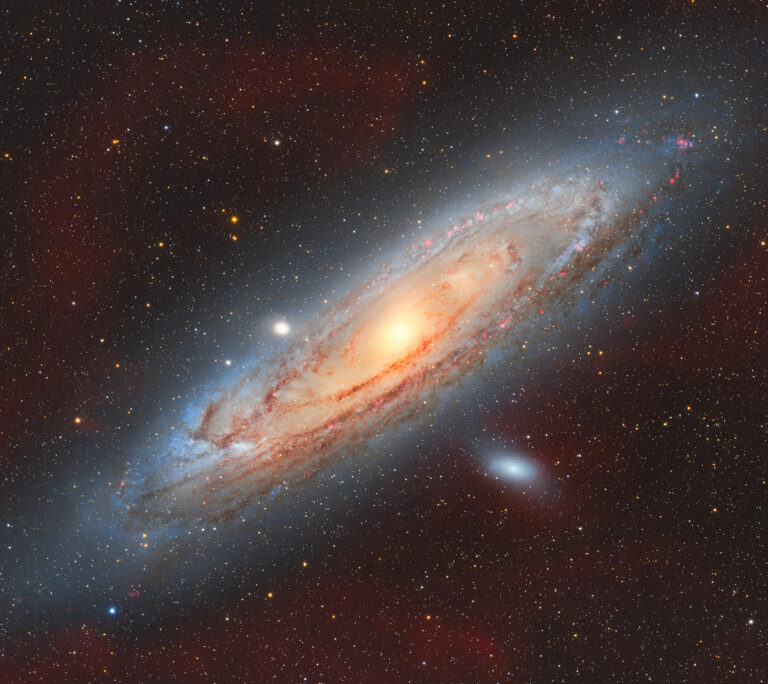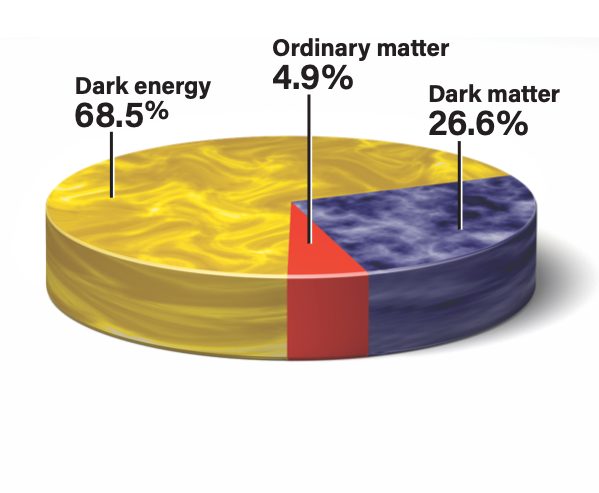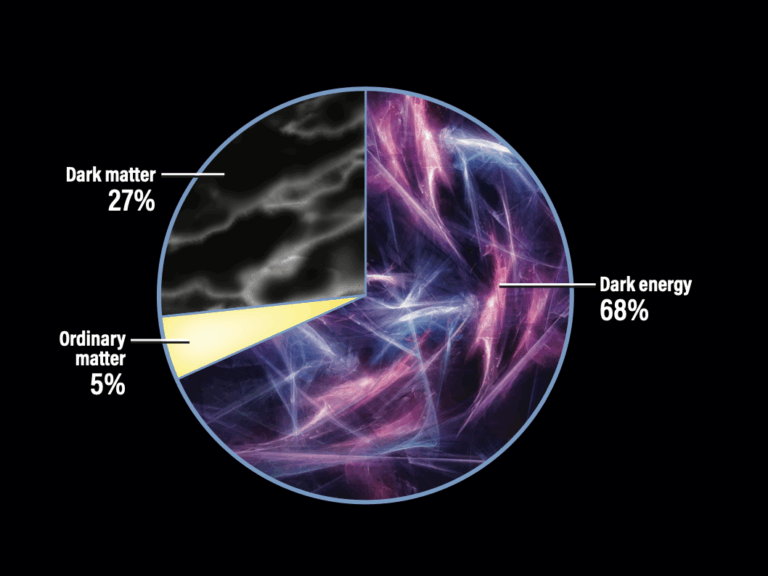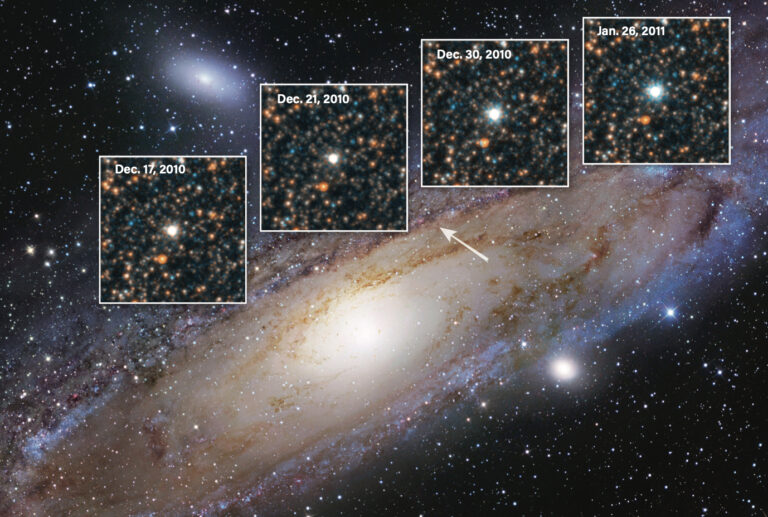Key Takeaways:
Over the centuries, our understanding of the cosmos has grown by leaps and bounds. But it wasn’t until relatively recently that astronomers discovered that around 85 percent of the matter in the universe takes on a bizarre, foreign form. And just like detectives in the best crime-thrillers, astronomers must hunt for this elusive dark matter by searching for subtle clues, sifting through convoluted evidence, and, critically, identifying likely suspects.
“Dark matter is the name scientists have given to the particles which we believe exist in the universe, but which we cannot directly see,” theoretical physicist Johar M. Ashfaque tells Astronomy. Ashfaque is now a data scientist at East Kent Hospitals University NHS Foundation Trust in the U.K., but he first became interested in the dark-matter mystery while earning a Ph.D. focused on string theory at the University of Liverpool.
“This material appears to have mass, but it does not appear to absorb or emit any electromagnetic radiation,” he explains. “Given the fact that it does not send us any light, it is not difficult to understand that it has been hard to discover anything about the nature of these mysterious particles.”
Yet, despite this, we aren’t completely blind when it comes to dark matter; scientists have been able to shed light on the problem. The majority of our knowledge about dark matter comes from the fact that, although it doesn’t interact with light, it does interact with gravity — that’s how we know it really exists.
In this week’s episode of Infinity & Beyond, host Abigail Bollenbach will walk you through what astronomers currently know about dark matter, including how it behaves and what it may be.
Stay up-to-date on the latest space and astronomy news at https://astronomy.com/news. And make sure to follow us on Facebook (https://www.facebook.com/AstronomyMagazine), Instagram (https://www.instagram.com/astronomy.magazine/), and Twitter (https://twitter.com/AstronomyMag).









